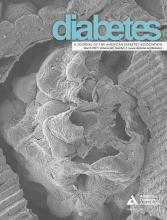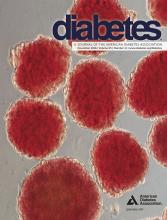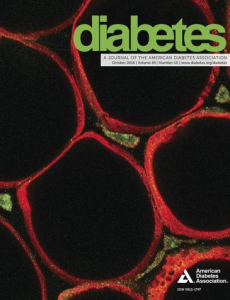 A group of researchers based in Italy has had three papers retracted for likely using the same images to represent different experimental conditions.
A group of researchers based in Italy has had three papers retracted for likely using the same images to represent different experimental conditions.
The retractions, in Diabetes, published by the American Diabetes Association (ADA), follow expressions of concern for the papers in early 2018 and the launch of an investigation by the authors’ institution into the work. The status of that investigation by Università degli Studi di Napoli Federico II, however, is unclear, as the university has stopped responding to the journal’s inquiries.
Here are the three now-retracted papers: Continue reading After university goes silent, diabetes journal retracts three papers
 A diabetes researcher who once sued a publisher to prevent several retractions has just issued his 12th.
A diabetes researcher who once sued a publisher to prevent several retractions has just issued his 12th.
 The notices keep coming for diabetes researcher
The notices keep coming for diabetes researcher 



